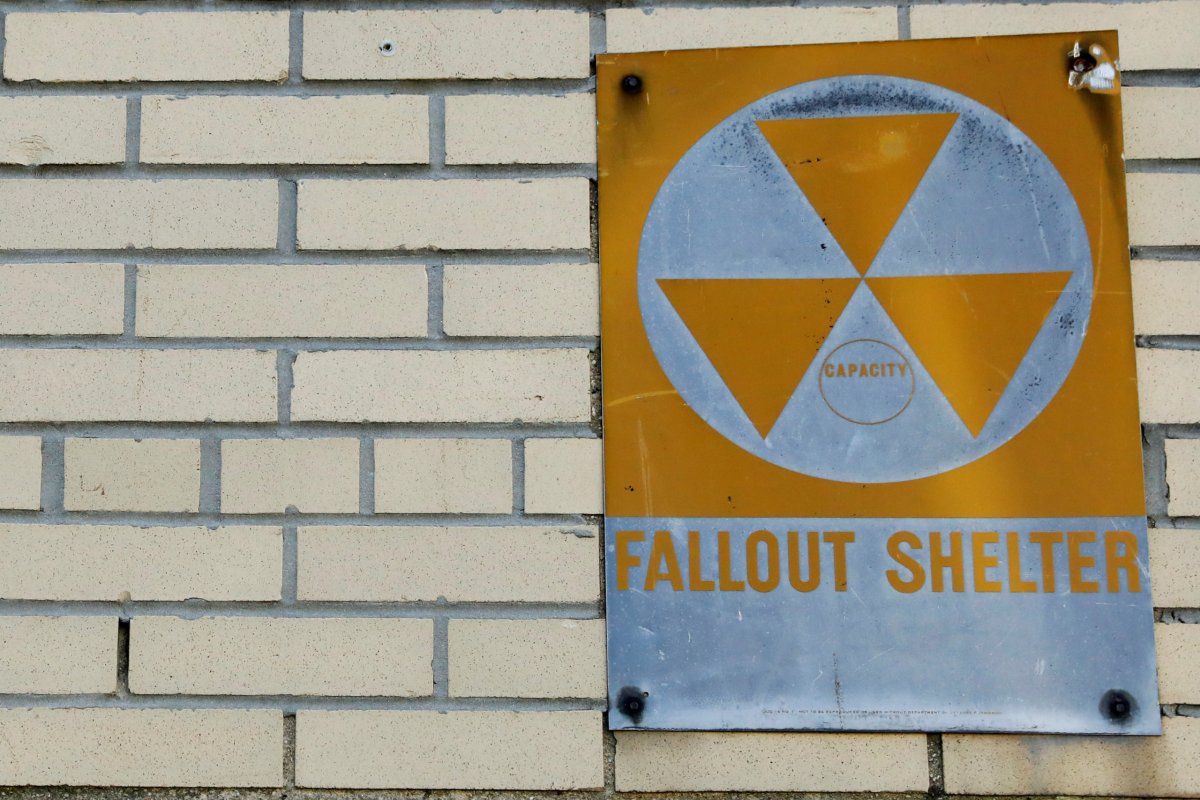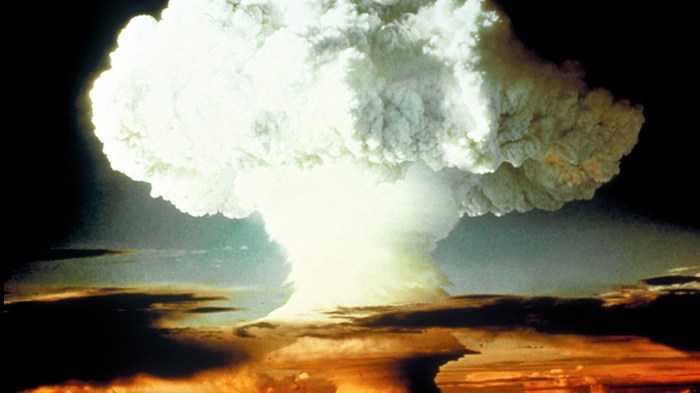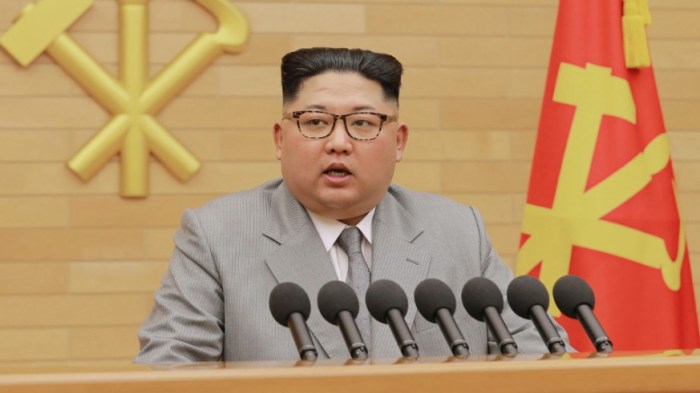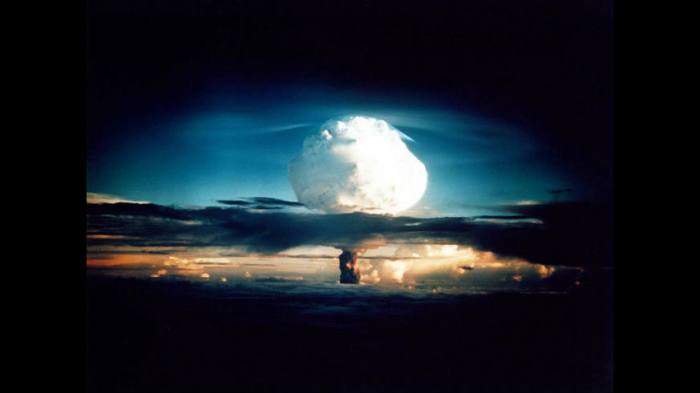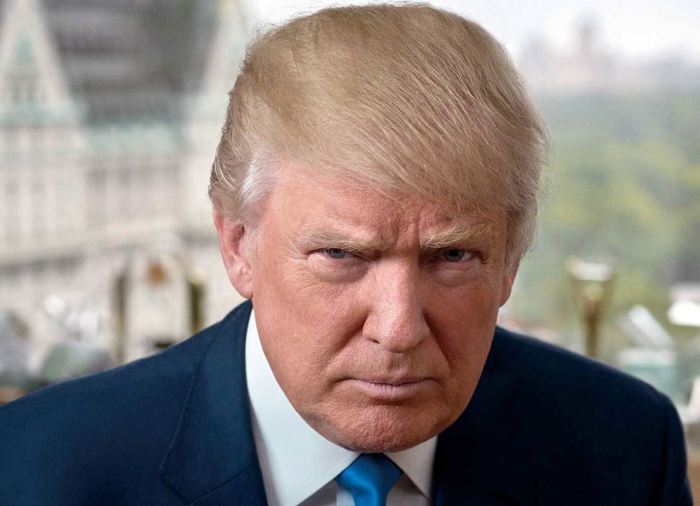The false missile alarm that recently panicked Hawaii was not the first thing to spark a growing concern of nuclear attack among Americans.
People across the political aisle have been increasingly worried about the possibility, as shown both by spikes in Google searches for terms like “how to survive a nuclear attack” and polls, like one released in August in which 82 percent of Americans said they are afraid of nuclear war with North Korea.
On Thursday, Jan. 25, a panel of scientists and scholars moved the second hand on a so-called “Doomsday Clock” forward closer to midnight, symbolically inching us toward an apocalypse.
But are those worry warranted, and are we actually at risk of facing a nuclear attack?
“We are,” said Dr. Irwin Redlener, director of the National Center for Disaster Preparedness. “The main thing about it though, is it’s entirely different from the scenario during the Cold War.”
The National Center for Disaster Preparedness at Columbia University is an “academic think tank with a practical agenda,” Redlener explained, aiming to improve how we all handle natural disasters, from hurricanes to public health emergencies to, yes, a nuclear attack.
A nuclear missile hitting the United States isn’t exactly out of the realm of possibility, but such an attack would not be anywhere as devastating as potential attacks during the Cold War. That’s because those countries that made up the “nuclear club” then were in possession of more, and larger, nuclear weapons.
“There were 10, 15 megaton warheads pointed at New York City alone,” during the Cold War, Redlener said. “That was game-changing for the human race. There would have been no cure. We wouldn’t have needed to plan on what we’d do to recover.”
Now, in our tense relations with North Korea, he continued, we’re dealing with a single warhead in the kiloton range of power (a kiloton is 1,000 tons of blast energy, while a megaton is 1 million).
“Those types of destinations — yes they’re nuclear, and many people hear the word ‘nuclear’ and their rethinking Cold War nuclear — but we could have a nuclear detonation in Hawaii, New York, Florida that would kill a lot of people, but nothing remotely resembling what would have happened in the Cold War,” Redlener said.
If the current threat were to become a reality, say a nuclear missile hitting New York City, about 75,000 people would be killed in the initial blast. That is certainly “horrific beyond words,” Redlener said, “but not like the New York metro area would be completely flattened, like in the old days.”
That doesn’t mean you should panic, but it also doesn’t mean you should ignore the threat. Some people in Hawaii reportedly did nothing when getting the missile alert, thinking that any actions would be futile in the face of an incoming attack.
That fatalistic attitude is a bad one to have, Redlener said, because a nuclear attack doesn’t exactly mean total destruction. You could very well survive one, if you take some precautions and make a plan.
On the other side of the spectrum, there are those who are extreme “preppers.” These people can go a bit too far, Redlener said, if they’re keeping their kids home from school, stockpiling years worth of food and arming themselves to the teeth. That’s not exactly necessary.
Instead, find a balance between the two so you can still live your life normally and still be prepared. The one thing he definitely recommends is sitting down with loved ones and laying out a “family plan.” See more tips for surviving a nuclear attack here and check out Redledner’s TED Talk on the topic below.

